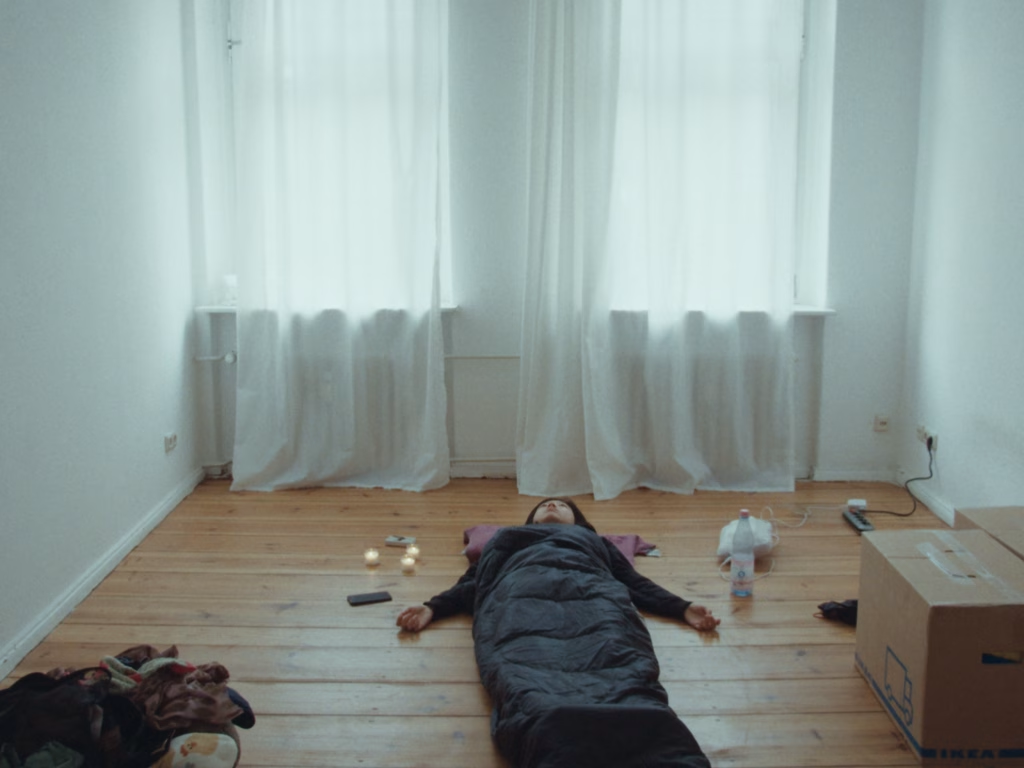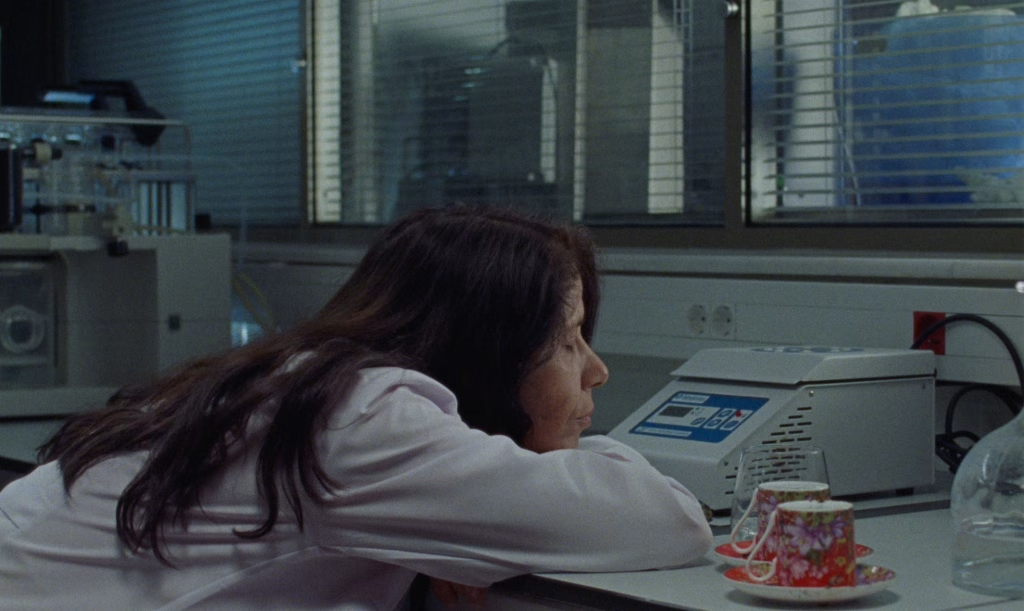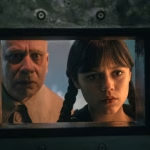“The Garden of Earthly Delights” (2025): A Haunting Clash of Innocence Lost and Exploitation

Sometimes, cinema confronts us with such brutal realities that we can’t tear our eyes away from the screen. Directed by Morgan Knibbe, The Garden of Earthly Delights (2025) delivers exactly this kind of experience. Set in the slums of Manila, this bold and morally complex film lays bare a chilling conflict between innocence, poverty, and exploitation. Since its international festival premiere in 2025, the film has garnered strong reactions for its daring storytelling and unforgettable cinematography.
At the heart of the story is Ginto, an 11-year-old boy living in Manila’s slums, where survival is a daily struggle. Ginto scavenges through garbage for food scraps and dreams of becoming a gangster. His older sister, Asia, turns to sex work in hopes of building a better future for them both. When Ginto’s path crosses with Michael, a Dutch tourist grappling with his own dark impulses, their two worlds collide in a disturbing and painful entanglement.
The Poetics of Desperation and Moral Gray Areas
Knibbe transforms harsh realities into visual poetry while exposing the traces of colonial and economic power behind systemic inequality and exploitation. One of the film’s greatest strengths is its dignified treatment of characters, refusing to reduce them to clichés. This approach highlights their humanity and resilience, even in the harshest conditions. Michael is not portrayed as a simplistic villain but as a figure lost in his own desires and contradictions, forcing viewers to confront complex emotions.
The Garden of Earthly Delights examines global inequality through intimate character portraits, proving itself a socially conscious film. By centering a young boy like Ginto, it underscores how poverty robs children of their innocence and childhood. Asia’s choices highlight the gendered dynamics of poverty and the desperation of women who feel obligated to provide for their families. The presence of the Dutch tourist emphasizes the power imbalance between visitor and local, revealing how tourism can lead to subtle forms of exploitation.
The Director’s Vision: Non-Judgmental Yet Probing
Director Morgan Knibbe amplifies the film’s power and emotional weight through visual storytelling. His approach—observing characters with respect and without judgment—avoids exploiting their pain. By refusing easy answers, Knibbe pushes viewers to question their own roles and positions in the face of these events.
Critics and audiences have described the film as “disturbing,” “necessary,” and “unforgettable.” Reviewers have praised its non-judgmental tone, breathtaking cinematography, and courage in tackling themes of poverty and exploitation. The Garden of Earthly Delights pushes audiences out of their comfort zones, opens their eyes, and holds a mirror up to them.
This film ventures where many filmmakers wouldn’t dare. With its artistic intelligence, unsettling subject matter, and profound impact, it’s unforgettable. Blending poetic cinematography with a raw depiction of lost innocence, Morgan Knibbe has crafted both a work of art and a powerful indictment. It’s not an easy watch, but it offers a reality check we all need to see.























